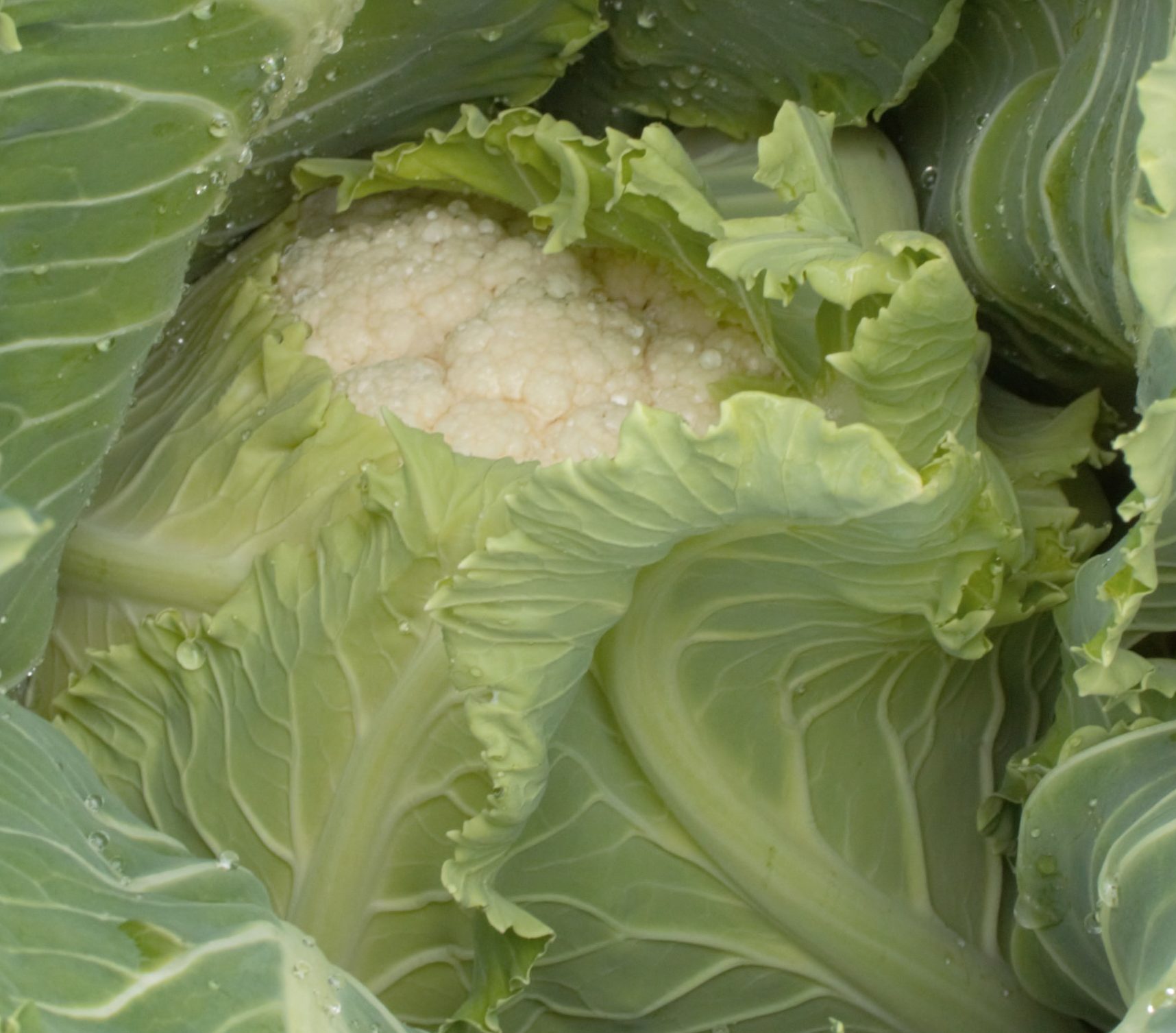Crop Type
Winter
Usage
Fresh Market
Maturity
> 120 days

Roscoff type, with Coldis F1 maturity for late March to early April in Lincolnshire, 250-270 days.
Roscoff type, with Coldis F1 maturity for late March to early April in Lincolnshire, 250-270 days.
Crop Type
Winter
Usage
Fresh Market
Maturity
> 120 days
Attention: This information and any complementary/other verbal or written information that may be given on behalf of Hazera, present average results of specific trials; these are neither exhaustive nor necessarily accurate and may not be regarded as advice, guidance, recommendation, representation or warranty. Sowing times and growing areas are indicative only. Pictures are illustrative only. The sale & use of seeds are subject to the terms and conditions appearing collectively on seed packages and in catalogues and/or at: http://www.hazera.com/terms-and-conditions. E&OE. © 2026 Hazera. All rights reserved.
For tomatoes:
* Resistant varieties may exhibit some disease symptoms or damage under heavy pest pressure and/or under adverse environmental conditions and/or in the face of new biotypes, pathotypes, races or strains of the pest that may emerge. Soil temperature above 27°C and other stresses may cause nematode resistance to break.
** Please refer to the ISF definitions at https://worldseed.org/wp-content/uploads/2022/11/Definition_on_reaction_plants_to_pests_2022_final_clean2.pdf
A copy of the definitions for terms describing reactions of plants to pests for the Vegetable Seed Industry, can be obtained at our offices upon demand.
For all other crops:
* Resistant varieties may exhibit some disease symptoms or damage under heavy pest pressure and/or under adverse environmental conditions and/or in the face of new biotypes, pathotypes, races or strains of the pest that may emerge.
** Please refer to the ISF definitions at https://worldseed.org/wp-content/uploads/2022/11/Definition_on_reaction_plants_to_pests_2022_final_clean2.pdf
A copy of the definitions for terms describing reactions of plants to pests for the Vegetable Seed Industry, can be obtained at our offices upon demand.


Roscoff type, with Coldis F1 maturity for late March to early April in Lincolnshire, 250-270 days.
Attention: This information and any complementary/other verbal or written information that may be given on behalf of Hazera, present average results of specific trials; these are neither exhaustive nor necessarily accurate and may not be regarded as advice, guidance, recommendation, representation or warranty. Sowing times and growing areas are indicative only. Pictures are illustrative only. The sale & use of seeds are subject to the terms and conditions appearing collectively on seed packages and in catalogues and/or at: http://www.hazera.com/terms-and-conditions. E&OE. © 2026 Hazera. All rights reserved.
For tomatoes:
* Resistant varieties may exhibit some disease symptoms or damage under heavy pest pressure and/or under adverse environmental conditions and/or in the face of new biotypes, pathotypes, races or strains of the pest that may emerge. Soil temperature above 27°C and other stresses may cause nematode resistance to break.
** Please refer to the ISF definitions at https://worldseed.org/wp-content/uploads/2022/11/Definition_on_reaction_plants_to_pests_2022_final_clean2.pdf
A copy of the definitions for terms describing reactions of plants to pests for the Vegetable Seed Industry, can be obtained at our offices upon demand.
For all other crops:
* Resistant varieties may exhibit some disease symptoms or damage under heavy pest pressure and/or under adverse environmental conditions and/or in the face of new biotypes, pathotypes, races or strains of the pest that may emerge.
** Please refer to the ISF definitions at https://worldseed.org/wp-content/uploads/2022/11/Definition_on_reaction_plants_to_pests_2022_final_clean2.pdf
A copy of the definitions for terms describing reactions of plants to pests for the Vegetable Seed Industry, can be obtained at our offices upon demand.